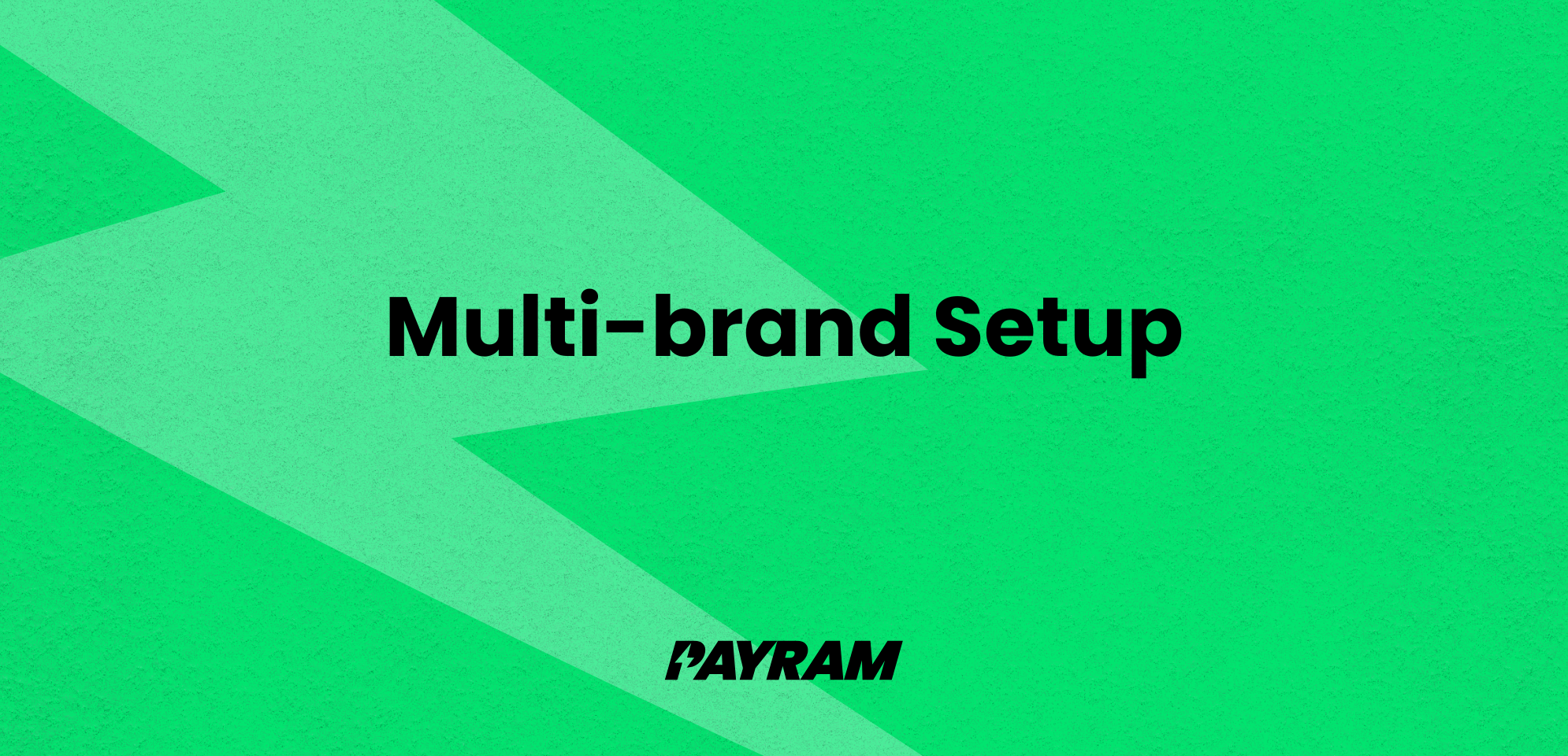🛍️Multi-brand Setup
Expand without limits.

Merchants can now create and manage multiple projects or stores under a single PayRam account.
Each project can have its own logo, website URL, and API keys, while your payout account and wallets stay unified.
Ideal for scaling brands, localizing sites, or testing new verticals, all from one clean dashboard.
Why it matters
Organize better: Track every Payment Link, Transaction, and Report by store or brand.
Move faster: Launch new ideas and test niches without extra installations.
Go global: Localize your site and accept payments across different markets.
Stay efficient: Manage B2B and B2C operations seamlessly under one roof.
Simplify finance: Unified payouts and wallet balances, regardless of project count.
How to create a new project
Go to Settings → Accounts in your PayRam dashboard.
Click New Project to create a new one.
Enter project details such as:
Project Name
Website URL
Redirection URLs
Branding: Logo, colors, social media links, etc.
Configure project-specific APIs and webhook endpoints.
Configure project-specific payment options and wallet.
Managing projects
Switch between projects: Use the dropdown in the left menu to toggle active projects.
Edit branding: Update project logos, URLs, and details anytime under Settings → Account → Projects → Edit.
Assign roles: Restrict teammate access by project using the User Management feature.
View data: Filter analytics, transactions, and Payment Links by project for deeper insights.
API separation
Each project is issued its own API keys and webhook endpoints, giving you full control and traceability.
Benefits include:
Isolation of environments for testing and production.
Clear audit trails per project.
Easy integration with multiple websites or apps.
Enhanced security, revoke or rotate keys project-wise without affecting others.
Common use cases
Multi-brand businesses: Manage different brands under one organization.
Regional operations: Localize projects for different countries or currencies.
Product experiments: Test new offerings before full rollout.
Enterprise accounts: Separate internal departments (e.g., Retail, Wholesale, Digital).